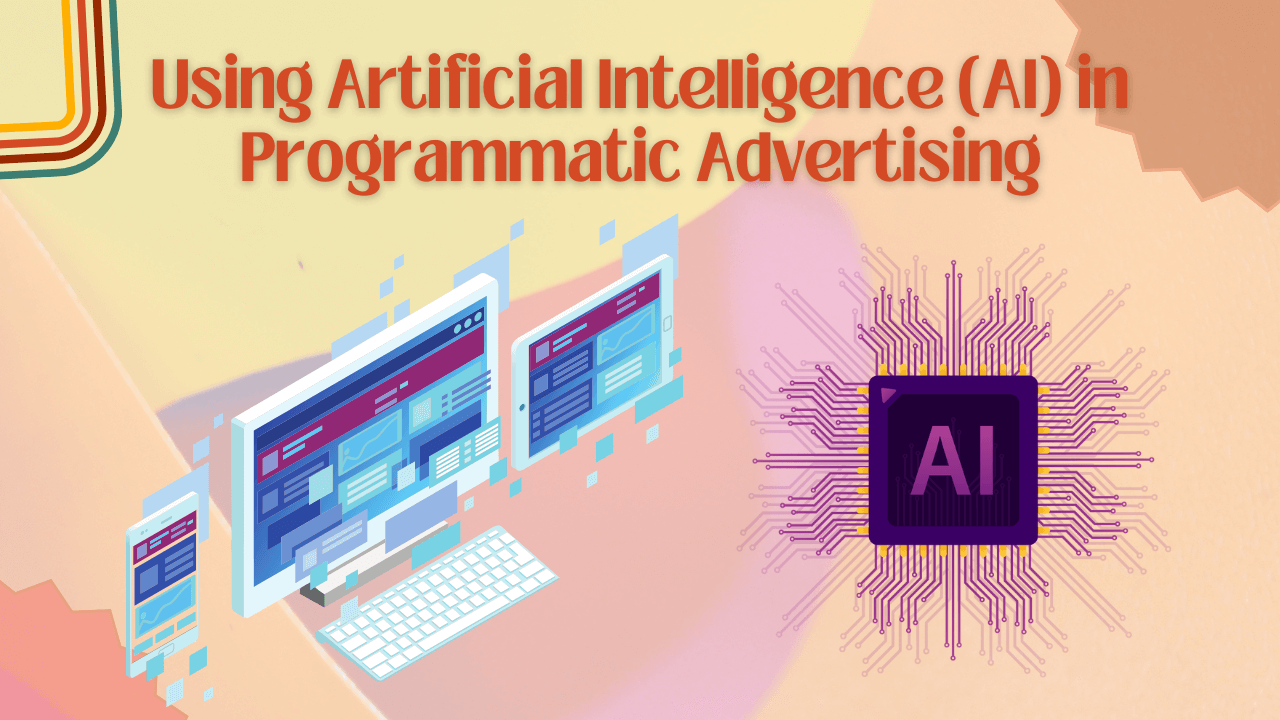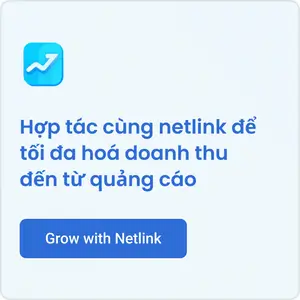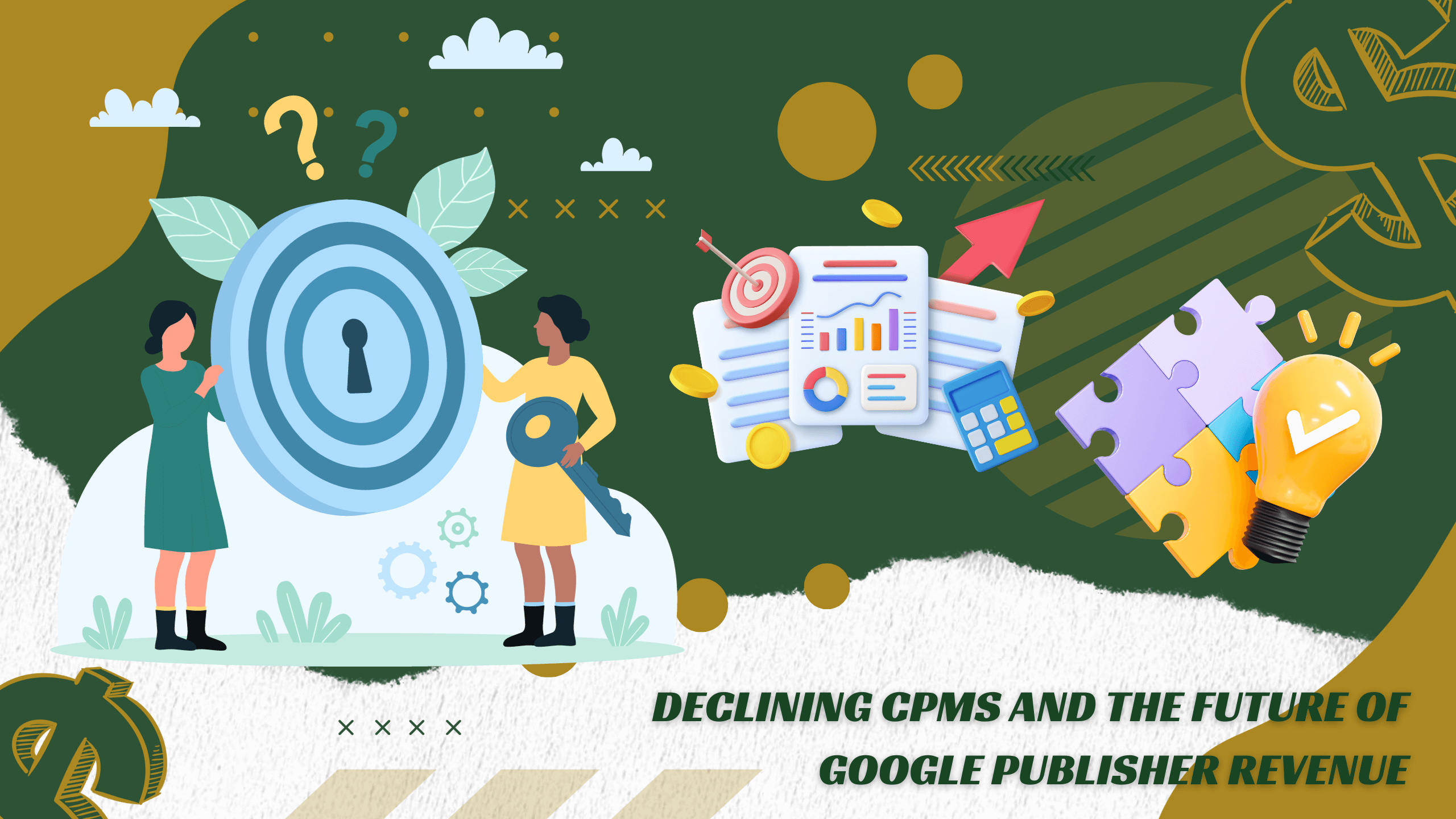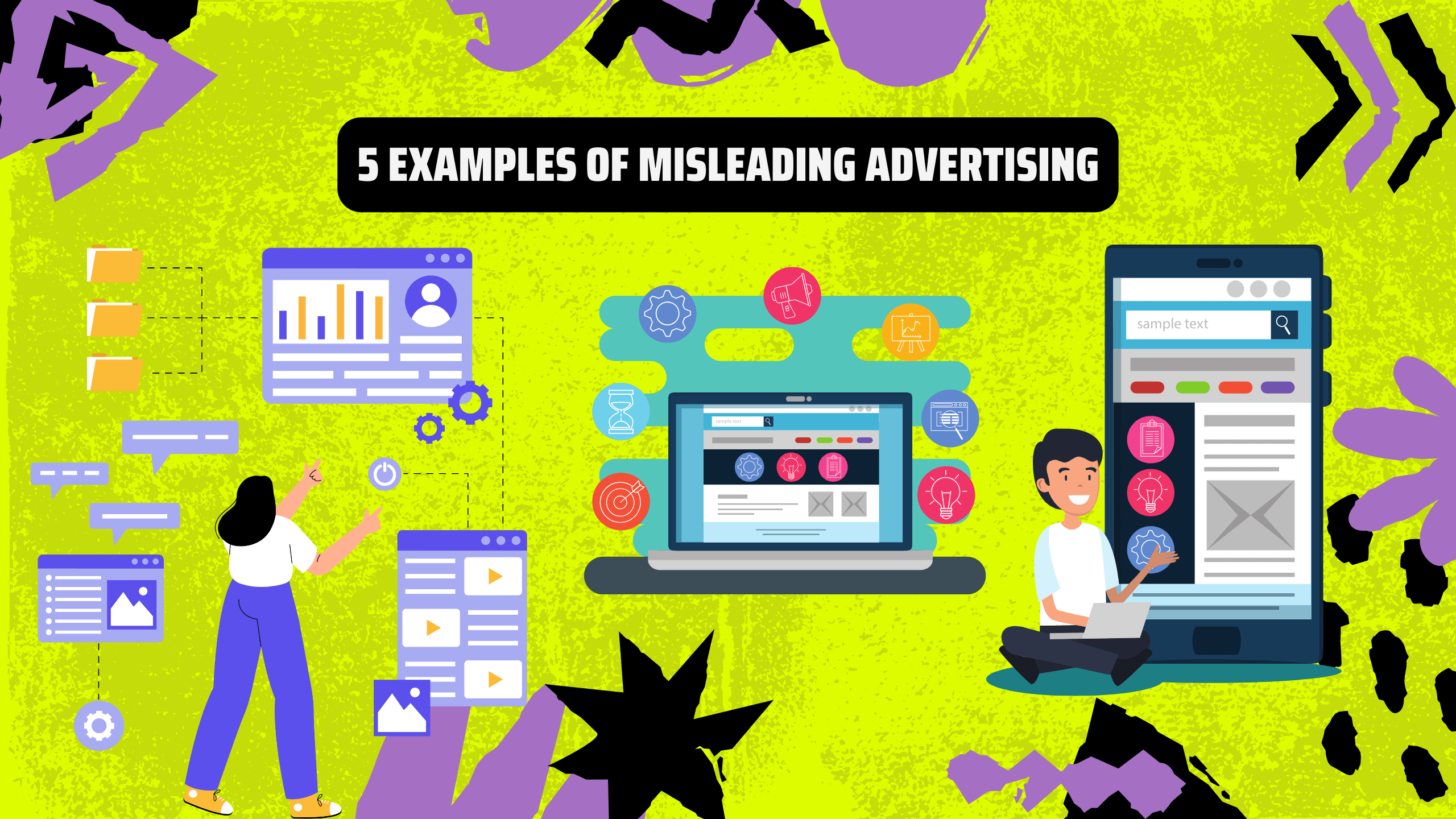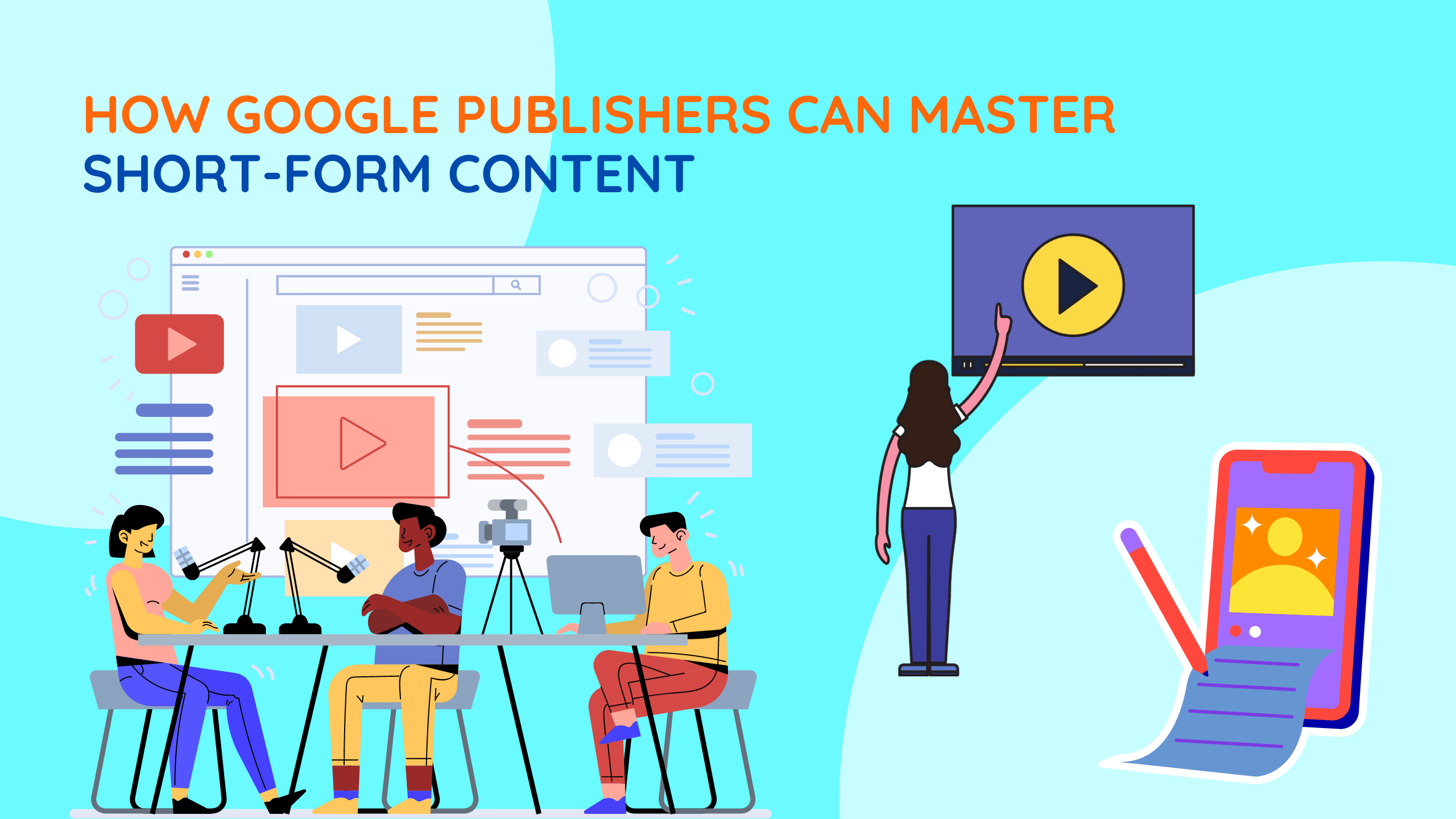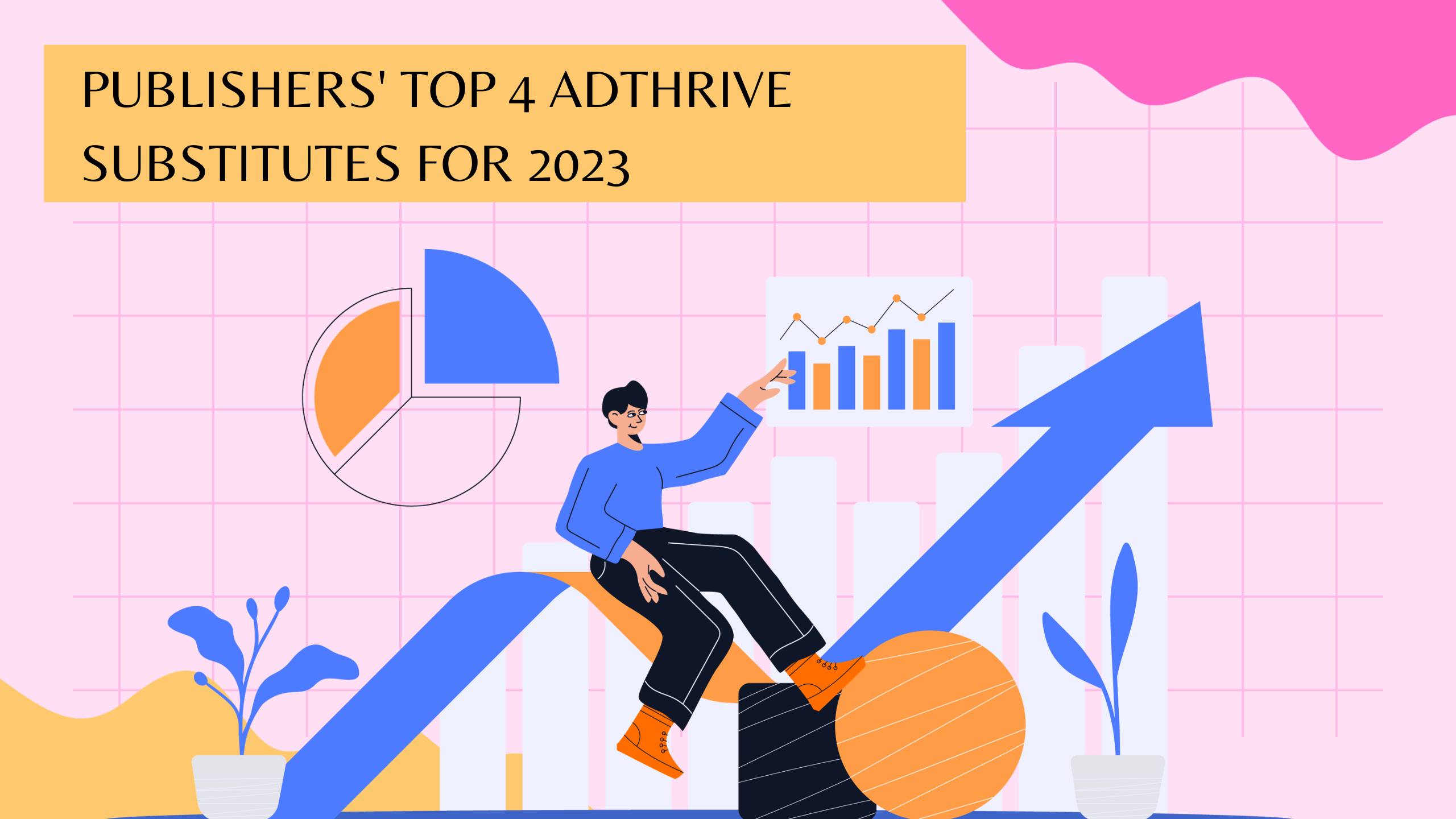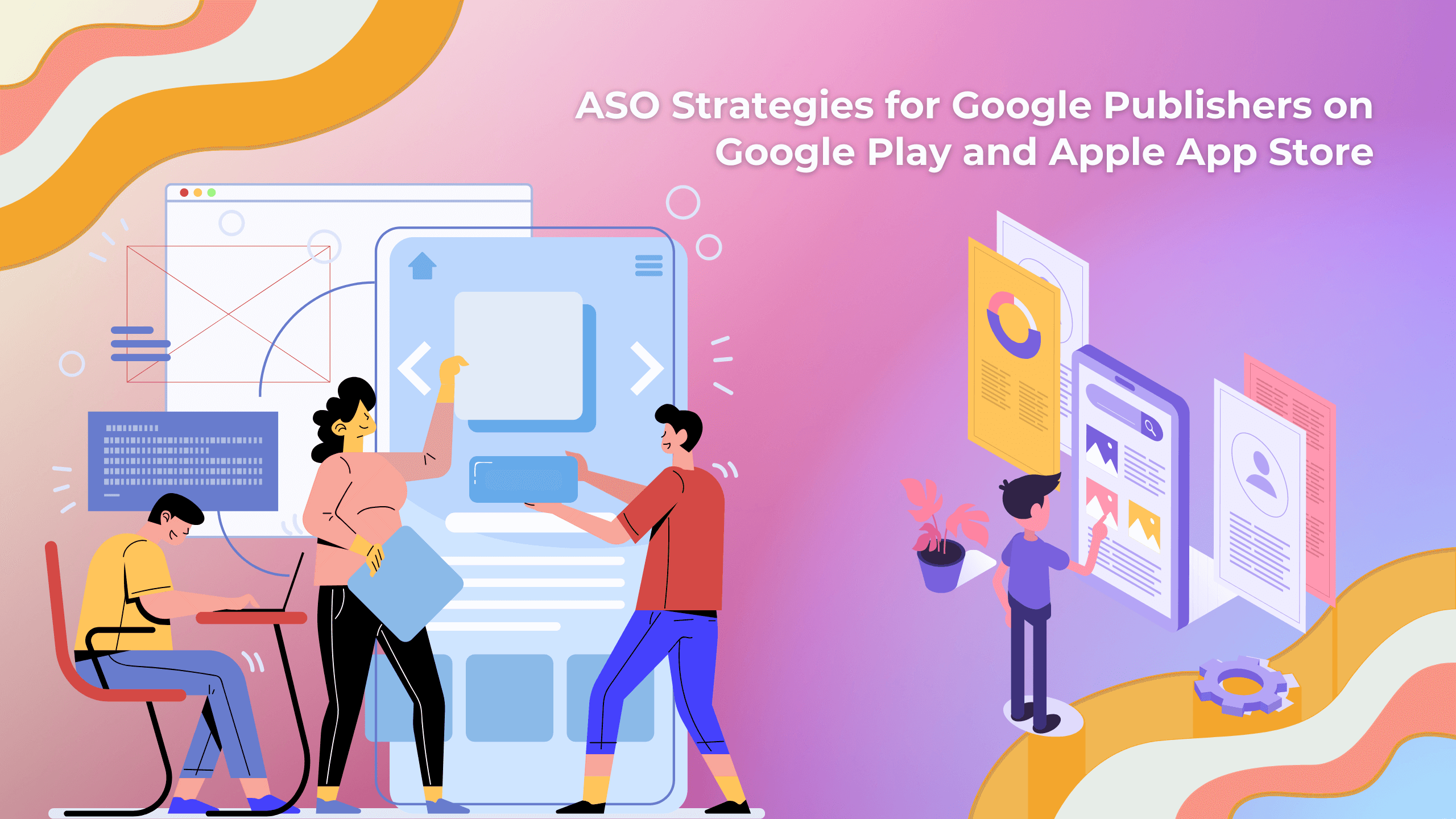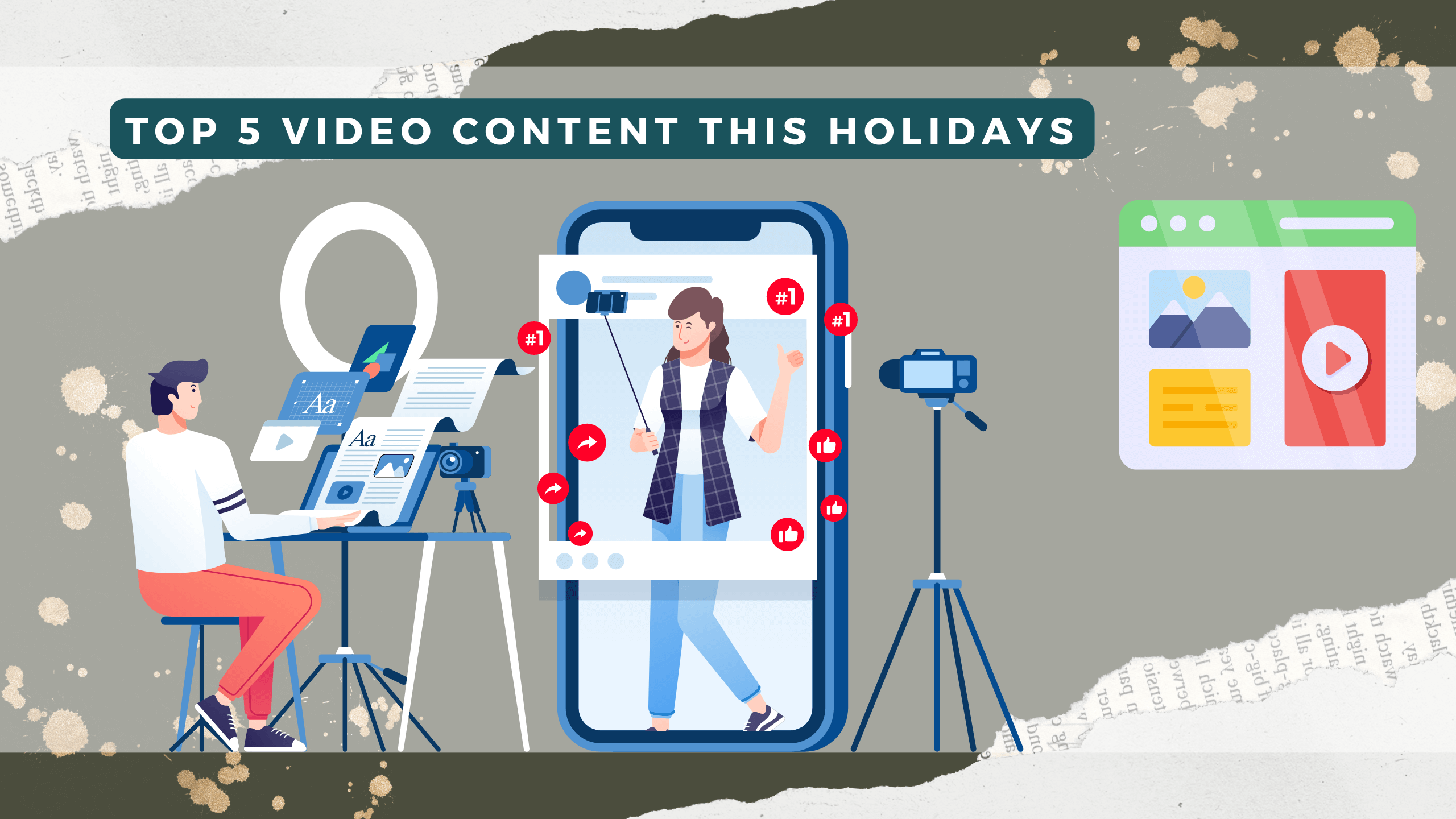Google Publishers, responsible for managing and monetizing valuable ad inventory, are well aware of the dynamic challenges this industry poses. One innovation that’s transforming the digital advertising ecosystem is the integration of Artificial Intelligence (AI) into programmatic advertising. This powerful combination not only streamlines ad operations but also brings unprecedented precision and efficiency to targeting the right audience at the right time. In this comprehensive guide, we will explore the remarkable synergy between AI and programmatic advertising and how Google Publishers can harness its potential.
Understanding Programmatic Advertising
Before delving into AI’s role in programmatic advertising, it’s crucial to grasp the basics. Programmatic advertising refers to the automated buying and selling of digital advertising space. It leverages real-time data and sophisticated algorithms to make data-driven decisions on ad purchases, allowing advertisers to reach the most relevant audience with precision.
Learn more about programmatic advertising

Key Benefits of Programmatic Advertising
Programmatic advertising, with its integration of Artificial Intelligence (AI), brings forth a myriad of benefits for Google Publishers. Among these advantages, one of the most pronounced is increased efficiency. The automation of ad buying and selling brings a substantial degree of automation to the advertising process. It significantly reduces the manual workload, allowing publishers to allocate their time and resources more effectively.
Moreover, programmatic advertising is renowned for its precision. AI-driven algorithms meticulously analyze user data and behaviour to identify the ideal target audience. This level of precision ensures that the right message is delivered to the right users at the right time. It not only enhances user engagement but also contributes to more efficient ad campaigns.
Additionally, the real-time data insights offered by programmatic advertising are invaluable for publishers. This is where the concept of optimization truly comes into play. Publishers can continuously monitor the performance of their ad campaigns, receiving real-time feedback and data-driven insights. Armed with this information, they can fine-tune their strategies and make necessary adjustments on the fly. This capability is essential for enhancing performance and maximizing return on investment (ROI).
Programmatic advertising, with the integration of AI, streamlines the advertising process and significantly enhances efficiency. It delivers laser-focused precision in audience targeting, ensuring the right message reaches the right users. Furthermore, the real-time data insights empower publishers to optimize their campaigns continually, resulting in improved performance and an impressive ROI.
Artificial Intelligence (AI) in Programmatic Advertising
AI, particularly machine learning, is at the forefront of the transformation of programmatic advertising, and its impact is far-reaching. AI contributes to programmatic advertising in various essential ways.
1. Audience Segmentation:
Within programmatic advertising, AI algorithms step in to meticulously analyze user behaviour, thereby enabling more effective audience segmentation. By understanding and interpreting user data, AI assists publishers in creating distinct segments with similar characteristics. This segmentation process, in turn, allows publishers to serve more precisely targeted ads. The benefit is two-fold: a better user experience through relevant content and improved ad performance, leading to higher ROI for publishers.
2. Predictive Analytics:
AI, with its predictive capabilities, forecasts trends and user behaviour with remarkable accuracy. This invaluable insight empowers publishers to proactively optimize their inventory and tailor ad campaigns accordingly. The ability to anticipate shifts in user behaviour and preferences ensures that publishers stay ahead of the curve and continuously adapt to the ever-evolving digital advertising landscape.

3. Ad Personalization:
One of the most compelling aspects of AI in programmatic advertising is its role in ad personalization. Machine learning, a subset of AI, plays a key role in this process. It enables the dynamic customization of ads to suit individual users. Through analysis of user preferences, browsing history, and engagement patterns, AI ensures that each user sees content that’s not just relevant but highly personalized. This personalization significantly enhances the user experience, driving higher engagement and conversion rates.
4. Real-time Bidding:
The fast-paced nature of digital advertising requires quick decision-making, and AI excels in real-time bidding scenarios. AI algorithms, with their exceptional processing capabilities, evaluate vast datasets in an instant. This facilitates real-time bidding by ensuring that publishers receive the best possible price for their ad space. It allows publishers to make data-driven decisions in the blink of an eye, enhancing the efficiency and cost-effectiveness of their advertising efforts.
5. Ad Quality Assurance:
The reputation and integrity of a brand are paramount in the digital advertising world. AI plays a crucial role in safeguarding brand reputation through ad quality assurance. AI algorithms are designed to scan ads for quality and appropriateness. This process not only ensures that ad content aligns with specific brand guidelines and values but also acts as a safety net to prevent the inadvertent display of content that could harm a publisher’s image or erode user trust. It’s a comprehensive approach to ad quality that underscores the significance of AI in upholding the integrity of programmatic advertising.
In essence, AI’s integration into programmatic advertising brings with it enhanced audience segmentation, predictive analytics, dynamic ad personalization, real-time bidding, and ad quality assurance. Each of these aspects is instrumental in ensuring that publishers remain competitive, efficient, and capable of delivering highly targeted and engaging ad campaigns while safeguarding their brand reputation in the complex digital advertising landscape.
Challenges and Solutions for Google Publishers
While AI brings immense potential to programmatic advertising, it’s not without its challenges:
- Ad Fraud: AI can be used to perpetrate ad fraud, such as click fraud or impression fraud. Google Publishers must stay vigilant and employ countermeasures.
- Data Privacy: Handling user data requires strict compliance with privacy regulations. Google Publishers must prioritize data protection and adhere to GDPR and other regional laws.
- Ad Viewability: Ensuring that ads are viewable is essential for ad effectiveness. AI can help improve viewability by analyzing placement and user interaction.

Best Practices for Google Publishers
To make the most of AI in programmatic advertising, Google Publishers should adopt the following best practices:
- Adopt AI-Driven Platforms: Choose programmatic platforms with robust AI capabilities to streamline your advertising operations.
- Data-Driven Decision-Making: Leverage AI-driven insights for more informed ad campaign decisions.
- Cross-Device Targeting: Utilize AI for effective cross-device targeting, ensuring consistent ad delivery across various platforms.
- Real-time Monitoring: Implement real-time monitoring of ad campaigns, making immediate adjustments when necessary.
- Ad Quality Assurance: Employ AI tools for ad quality assurance to maintain brand reputation and audience trust.
The Future of AI in Programmatic Advertising
The future of AI in programmatic advertising holds exciting promises as technology continues to evolve. One of the key areas where AI is set to make a significant impact is in audience targeting. Artificial intelligence algorithms will become increasingly adept at analyzing user behaviour to segment audiences more effectively, resulting in more precise ad targeting. This means that ads will be delivered to the right users at the right time, increasing engagement rates and ultimately, the success of ad campaigns.
Another area where AI will shine is in predictive analytics. Machine learning, a subset of AI, can predict trends and user behaviour, enabling publishers to optimize their ad inventory and tailor ad campaigns accordingly. This forward-looking approach ensures that ads are not just targeted but also delivered at the most opportune moments, increasing their relevance and impact.
AI’s influence doesn’t stop at targeting and prediction. Ad personalization, enabled by machine learning, is poised to become even more sophisticated. Users can expect to see content that resonates with their preferences and behaviour, enhancing their overall ad experience. This tailored approach increases the likelihood of user engagement and conversions.
Real-time bidding is another aspect where AI shines. It facilitates real-time auctions, evaluating data instantly to ensure that publishers get the best price for their ad space. This efficient and data-driven approach benefits both publishers and advertisers, optimizing the value of ad placements.
Furthermore, AI will play a crucial role in ensuring ad quality. Algorithms equipped with artificial intelligence will scan ads for quality and appropriateness, safeguarding brand reputation. In an era where brand image is paramount, this function is invaluable.
As we look to the future of programmatic advertising, it’s clear that AI is a driving force behind innovation and efficiency. These advancements, from precise audience targeting to predictive advertising and real-time bidding, are set to reshape the digital advertising landscape and provide users with more relevant, engaging, and timely content.
Conclusion
The integration of AI into programmatic advertising marks a significant turning point for Google Publishers. By embracing AI technology and the best practices outlined in this guide, publishers can not only streamline their operations but also drive ad campaigns with unmatched efficiency and precision. As AI continues to evolve, Google Publishers can expect an even brighter future in the digital advertising landscape, where relevance and effectiveness will reign supreme. So, get ready to harness the full potential of AI in programmatic advertising and secure a prosperous future in the world of digital marketing.

